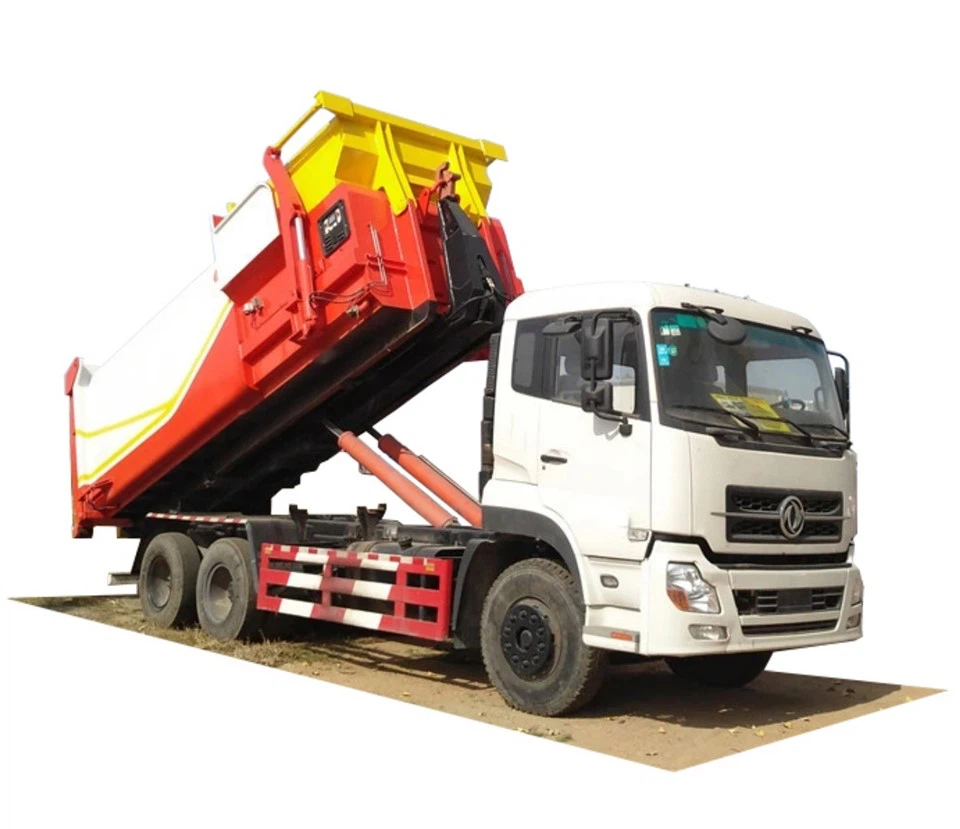How Many Gallons in a Fuel Truck? Understanding Fuel Truck Capacities

Fuel trucks play a pivotal role in the transportation and logistics industry, ensuring that gasoline, diesel, and other fuels reach various destinations efficiently. However, one of the most common questions regarding fuel trucks is, “how many gallons do they hold?” In this article, we delve into the capacities of fuel trucks, the factors influencing these variations, and practical insights you need to know.
Understanding Fuel Truck Capacities
Fuel truck capacities can vary significantly based on the model, purpose, and design specifications. Generally, fuel trucks are classified by their ability to transport liquid fuel, and most of them have the following characteristics:

Common Capacities of Fuel Trucks
Most fuel trucks can hold between 1,000 to 11,000 gallons of fuel. Here’s a breakdown of common fuel truck sizes:
| Truck Type | Gallons Capacity |
|---|---|
| Small Fuel Truck | 1,000 – 3,000 gallons |
| Medium Fuel Truck | 3,000 – 6,000 gallons |
| Large Fuel Truck | 6,000 – 11,000 gallons |
Factors Influencing Fuel Truck Capacities
Several factors influence the gallon capacity of a fuel truck:
- Type of Fuel: Different types of fuel (gasoline, diesel, kerosene) may require different tank designs and capacities.
- Truck Regulations: Regional regulations may affect the maximum allowable capacity of fuel trucks.
- Purpose: Fuel trucks designed for commercial use often have larger tanks compared to those intended for personal or small business use.
- Design Configurations: Tank construction, the number of compartments, and truck specifications can all impact capacity.
Types of Fuel Trucks and Their Capacities
Single Compartment Fuel Trucks

Single compartment fuel trucks are often used for transporting one type of fuel. They typically range from 1,000 to 6,000 gallons.
Multi-Compartment Fuel Trucks
These trucks can transport multiple types of fuel simultaneously and can hold up to 11,000 gallons or more. Each compartment usually has a separate valve system, enabling a more versatile fuel transport.
Transport vs. Retail Fuel Trucks
Transport fuel trucks are designed for transporting fuels from refineries to retail outlets, ranging from 5,000 to 11,000 gallons. Retail fuel trucks are smaller, often 1,000 to 3,000 gallons, catering to gas stations and fueling services.
Safety Considerations with Fuel Truck Capacities
Importance of Adhering to Capacity Regulations
Maximizing a fuel truck’s capacity is crucial, but adhering to local regulations regarding weight limits and safety standards is even more vital. Overloading can result in hazardous situations, including accidents or spills.
Tank Integrity and Maintenance
Ensuring the integrity of a fuel tank is essential. Regular maintenance checks can prevent leaks, breaches, and other hazards related to improper handling or overfilling.
Emergency Preparedness
Fuel trucks must be equipped with emergency response kits, spill containment kits, and appropriate signage to handle fuel spills or accidents.
Practical Examples of Fuel Truck Usage
Commercial Fuel Delivery
Consider a food delivery service that relies on diesel generators for its operation. They often utilize medium-sized fuel trucks with a capacity of around 3,000 to 6,000 gallons to refuel their vehicles effectively.
Construction Sites
On construction sites, larger fuel trucks may be necessary to supply fuel for heavy machinery. Trucks holding up to 11,000 gallons are often seen in this sector to avoid multiple trips.
Emergency Service Operations
During emergencies such as natural disasters, fuel trucks are essential for providing fast and efficient fuel supply. These trucks often operate in overlapping capacities of 5,000 to 11,000 gallons to meet increased demand.
Choosing the Right Fuel Truck for Your Needs
Assessing Fuel Requirements
Consider the type and volume of fuel required for your operations. This assessment will guide your choice of a fuel truck that meets your needs.
Evaluating Local Regulations
Always check local regulations regarding fuel transportation. Tank sizes may be restricted based on enforcement laws, potentially affecting your choice of fuel truck.
Cost Considerations
The cost of the truck, its maintenance, and safety equipment should also factor into your decision. Comparatively analyze the cost against the operational capacity you need.
Supplier Reputation
Select a reputable supplier known for durable and reliable fuel trucks. They can provide valuable insights and recommendations tailored to your requirements.
Fuel Efficiency and Economic Considerations
Fuel Cost Analysis
Understanding fuel costs is vital for businesses that depend on fuel trucks. Calculate the price per gallon and determine how many gallons you need for different operations. Regularly comparing fuel costs can also lead to savings.
Operational Efficiency
Plan routes effectively to minimize fuel wastage. Utilizing software for route optimization can help ensure fuel trucks operate within optimum parameters, saving costs over time.

FAQs About Fuel Truck Capacities
1. How many gallons can a fuel truck typically carry?
Fuel trucks generally hold between 1,000 to 11,000 gallons, depending on the truck size and design.
2. Are larger fuel trucks always better?
Not necessarily. The right size depends on your fuel needs, operational areas, and adherence to local regulations.
3. What types of fuel can fuel trucks transport?
Fuel trucks can transport various fuels, including gasoline, diesel, kerosene, and aviation fuel, often in separate compartments.
4. What safety features do fuel trucks need?
Fuel trucks should be equipped with spill kits, emergency response equipment, and signage to ensure safe transportation.
5. Can I modify a fuel truck’s tank size?
Modifying a fuel truck’s tank size is generally not advisable as it may violate safety regulations and can pose risks.
6. What is the average cost of a fuel truck?
Fuel truck pricing depends significantly on size and specifications, generally ranging from $30,000 to $120,000.
